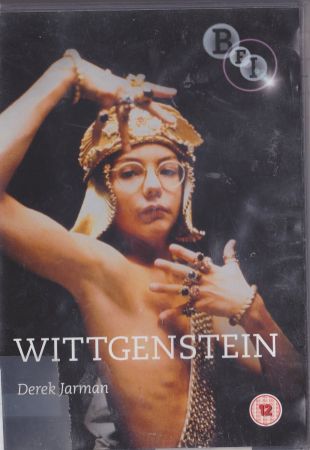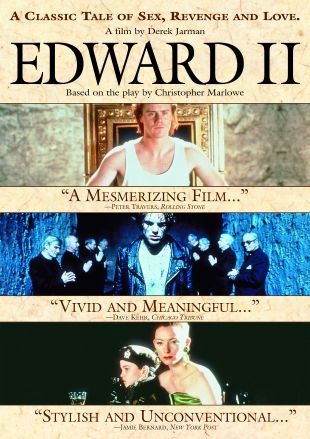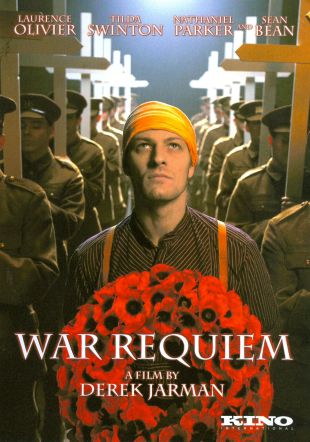An accomplished painter, Derek Jarman entered films in the early '70s, designing sets for Ken Russell's The Devils (1971) and Savage Messiah (1972). After making numerous experimental shorts, mostly in Super-8, he began helming features in 1979 with Sebastiane, a controversial gay-themed account of Saint Sebastian, in which all the dialogue was spoken in Latin. Over the next 20 years Jarman frequently interwove historical evocation and unexpected anachronisms, particularly in his biopics Caravaggio (1986) and Wittgenstein (1993). His landmark non-narrative features of the '80s, The Angelic Conversation (1985) and The Last of England (1987), offer a painter's sense of texture, with Jarman transferring Super-8 footage onto video for his editing, and then transferring the video onto 35-mm film. Radical gay politics, a constant theme in his films, emerged most forcefully in the '90s with The Garden (1990), which re-enacts incidents from the life of Christ with two gay lovers in place of Jesus; Edward II (1992), his fiery adaptation of Christopher Marlowe's 16th-century tragedy; and his last film Blue (1993), in which the sole visual element is an unchanging field of blue, while the soundtrack describes Jarman's thoughts and emotions in the face of his imminent death from AIDS.
Derek Jarman
Share on
Biography by AllMovie
Movie Highlights
Factsheet
- Gained his first break into the film industry as a production designer on Ken Russell's infamous The Devils.
- Began his filmmaking career by producing his own independent experimental films on Super-8 in the early 1970's. He would continue to use this format as a stylistic device throughout the 1980's as his status as a major European auteur.
- Known for his fierce anti-establishment perspective, particularly the Thatcherite politics of the 1980's, as explored in two of his major works, Jubilee and The Last of England.
- In 1986, diagnosed as HIV positive, and openly discussed his condition.
- After losing his sight due to AIDS-related complications, he produced his final film, Blue, an avante garde film where Jarman attempted to express the reality of living with his tragic affliction.


